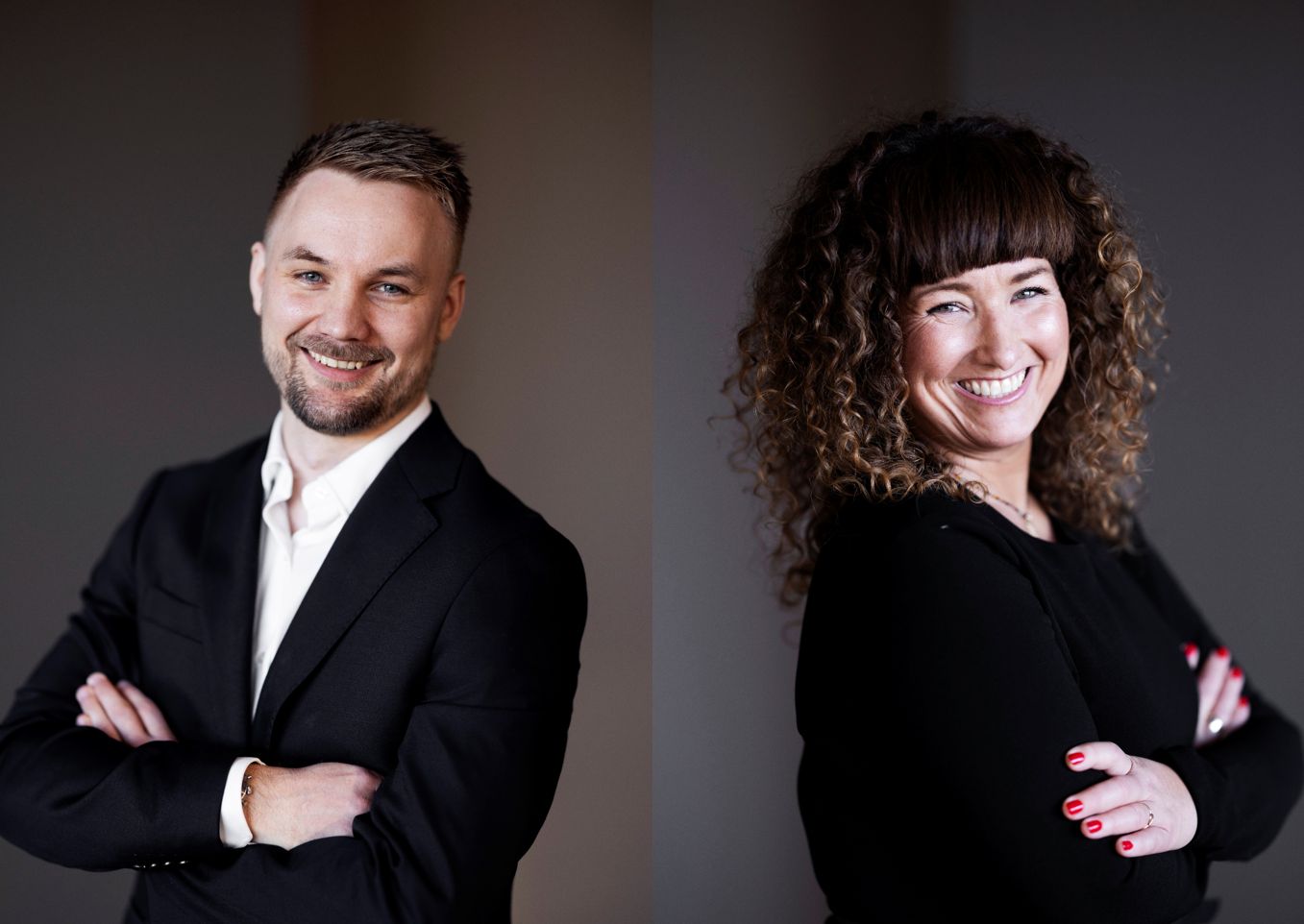
Alexander:
We have to be honest. AI is not just going to help us, it's going to replace parts of the work we do today. Not necessarily whole roles, but many of the tasks we previously spent time on. Especially those that are repetitive, language-bearing, and rule-governed. That's the reality. And it doesn't have to be negative. We have spent many years building tools and systems to make working life more efficient. Now we've got a tool that does it on a large scale. AL.
To the square:
Yes, and as an AI-saved philosopher, I see the potential. At the same time, I think about what we lose if we allow our machines to be faster than our reflections. We're losing friction. The slow maturation that occurs when we have to formulate a thought ourselves, not just accept the answer without doubting. As we now approach AGI, artificial general intelligence, which will be able to understand contexts, context and apply common sense across areas like a human, we have to ask ourselves: What does it mean for us as humans and as managers when machines not only do tasks faster, but also start thinking for us?
Alexander:
It requires us to adjust how we measure value. We don't compete on write speed anymore, it's already fixed. We compete on quality, structure, judgment and integrity. It actually allows us to spend time on what matters. Not on formatting reports or writing standard texts, but on understanding and shaping the content better with your own power of thought and prudence.
To the square:
Agreed. For management is not just about pace and precision, it is also about real presence. About the ability to stand in what is unclear, be curious and ask the questions no one else dares ask. Philosophy reminds us that the questions are more important than the answers. We must not let technology make us less reflective or less human, in our eagerness to stay ahead.
Alexander:
Oh, absolutely. But that's why the use of AI should move us from production to reflection. We don't need to write less, we need to write better. And we're going to use the language model as what it actually is: a tool. An incredibly powerful tool, but still subject to human consideration. It takes competence to use it well, and it requires an ownership of what one produces. The model can help us get there faster, but you need to know where you're going.
To the square:
Precisely. And that's why we need to invite the philosophical into the technology discussions, even though some will probably want to avoid it, and come to call it “soft.” For technology is often developed by people with impressive technical understanding, but often not with as much insight into what creates meaning, community and how to lead in an organization. We must dare to ask: what is a good working life when the pace is turned up and heads are cut? What do we lose if we stop questioning what this means for us, and what kind of organizations do we then build for the future?
Alexander:
It requires us to build a culture that values both, both pace and contemplation, technology and humanity, system and culture. Many people use language models only as a text generator, but the real potential lies in allowing it to clean and structure information so that we can work interdisciplinary and glean insights.
To the square:
And here I am rooting for AI, but not without critical thinking and daring to ask the questions. For machines can simulate language, analyze data and structure complex patterns. But they can't understand the heaviness in a word or the value of a pause in a conversation. They can't be present or see that a human on your team needs you more than a quick response right now. The future of work is not just about how fast we deliver, but about what we create together as we free up time for reflection, community and meaning.
Alexander:
That's why I say: We must not be naive, but we must not be afraid either. This is not a tool for a few experts. It's something everyone should learn to use. Not just to be more effective, but to be relevant. The expectations of what you deliver are not going to decrease. They're going to increase. And those who succeed are those who use AI to strengthen their judgment ability, not replace it. Be able to understand what the machines cannot be like we humans are.

This is how we work in Eager
We don't believe that AI is about choosing between humans and technology. We believe in using AI to solve tasks that are rule-driven and time-consuming, allowing people to concentrate even more on what requires insight, judgment and interaction.
But we also believe that technology can never define what constitutes a good working life. AGI and advanced AI can broaden our horizons, but we still need to ask the questions technology can't pose for us.
What will we use this power for?
How can we use technology to precisely empower, and by all means not replace our human presence and judgment capacity, and continue and train on that?
For the future is not created by technology alone, but by how we choose to use it, with curiosity, prudence and awareness of what is really worth taking care of.
And so the two good colleagues Aleksander and Karete continue the important and curious conversation, while each eating a slice of bread with cheese, and refilling their coffee cups. Then they are on their way to the next mission to be delivered, preferably with the help of AI, and a lot of experience and wisdom.






.jpg)
